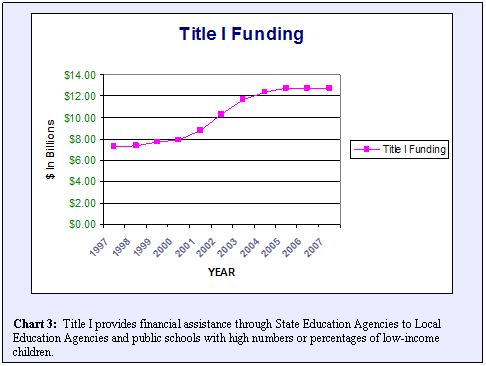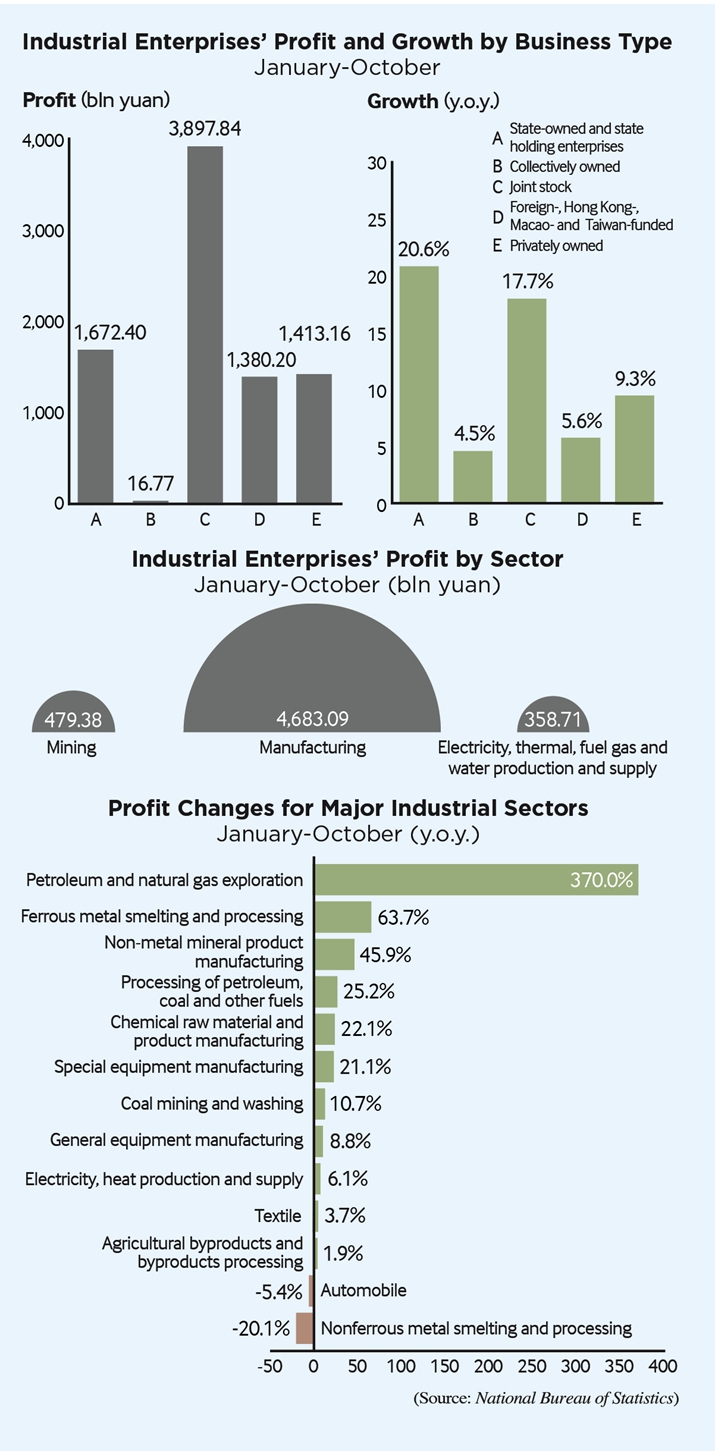Are Fixed or Variable Rates Better for School Loans? Discover the Best Option for Your Financial Future
Guide or Summary:Understanding Fixed RatesExploring Variable RatesWeighing the Pros and ConsMaking the Right ChoiceWhen it comes to financing your education……
Guide or Summary:
When it comes to financing your education, one of the most crucial decisions you'll face is whether to choose fixed or variable interest rates for your school loans. Understanding the differences between these two types of rates can significantly impact your financial future and your ability to manage student debt effectively. In this article, we will delve into the nuances of fixed and variable rates, helping you determine which option is better suited for your specific needs.
Understanding Fixed Rates
Fixed interest rates remain constant throughout the life of the loan. This means that your monthly payments will not change, allowing for a predictable budgeting process. Fixed rates are particularly appealing for borrowers who prefer stability and want to avoid the uncertainty that can come with fluctuating interest rates. If you take out a loan with a fixed rate, you can rest assured that your interest rate will not increase, even if market rates rise.

One of the primary advantages of fixed rates is the peace of mind they provide. Knowing that your payments will remain the same can help you plan your finances more effectively, especially when considering other expenses associated with college life, such as housing, textbooks, and daily living costs. Fixed rates are often recommended for long-term loans, as they can help shield borrowers from potential economic downturns that could lead to increased interest rates.
Exploring Variable Rates
On the other hand, variable interest rates fluctuate based on market conditions. These rates are often tied to a benchmark rate, such as the prime rate or LIBOR, and can change at specified intervals (e.g., annually or semi-annually). While variable rates typically start lower than fixed rates, they come with a level of risk. If interest rates rise, your monthly payments could increase, making it more challenging to manage your budget.
For borrowers who are willing to take on some risk, variable rates can be an attractive option. If you secure a variable rate loan when market rates are low, you may benefit from lower initial payments. This can be particularly advantageous for those who anticipate a higher income in the future and are confident in their ability to handle potential rate increases. Additionally, variable rates may offer more flexibility in terms of repayment options and loan terms.

Weighing the Pros and Cons
When deciding whether fixed or variable rates are better for school loans, it's essential to consider your financial situation, risk tolerance, and future plans. Fixed rates provide stability and predictability, making them ideal for those who prefer a straightforward repayment plan. In contrast, variable rates may offer initial savings but come with the uncertainty of potential rate increases.
Making the Right Choice
Ultimately, the decision between fixed and variable rates should align with your financial goals and circumstances. If you value stability and want to avoid the risk of rising interest rates, a fixed rate may be the better option for you. However, if you are comfortable with some level of risk and are looking for potentially lower initial payments, a variable rate could be advantageous.
Before making a decision, it's crucial to conduct thorough research and consider speaking with a financial advisor. They can help you evaluate your options based on your current financial situation and future aspirations. By understanding the implications of each type of rate, you can make an informed choice that supports your educational journey and financial well-being.

In conclusion, whether you choose fixed or variable rates for your school loans, the key is to assess your individual needs and preferences. With careful consideration and planning, you can navigate the world of student loans effectively and set yourself up for a successful financial future.